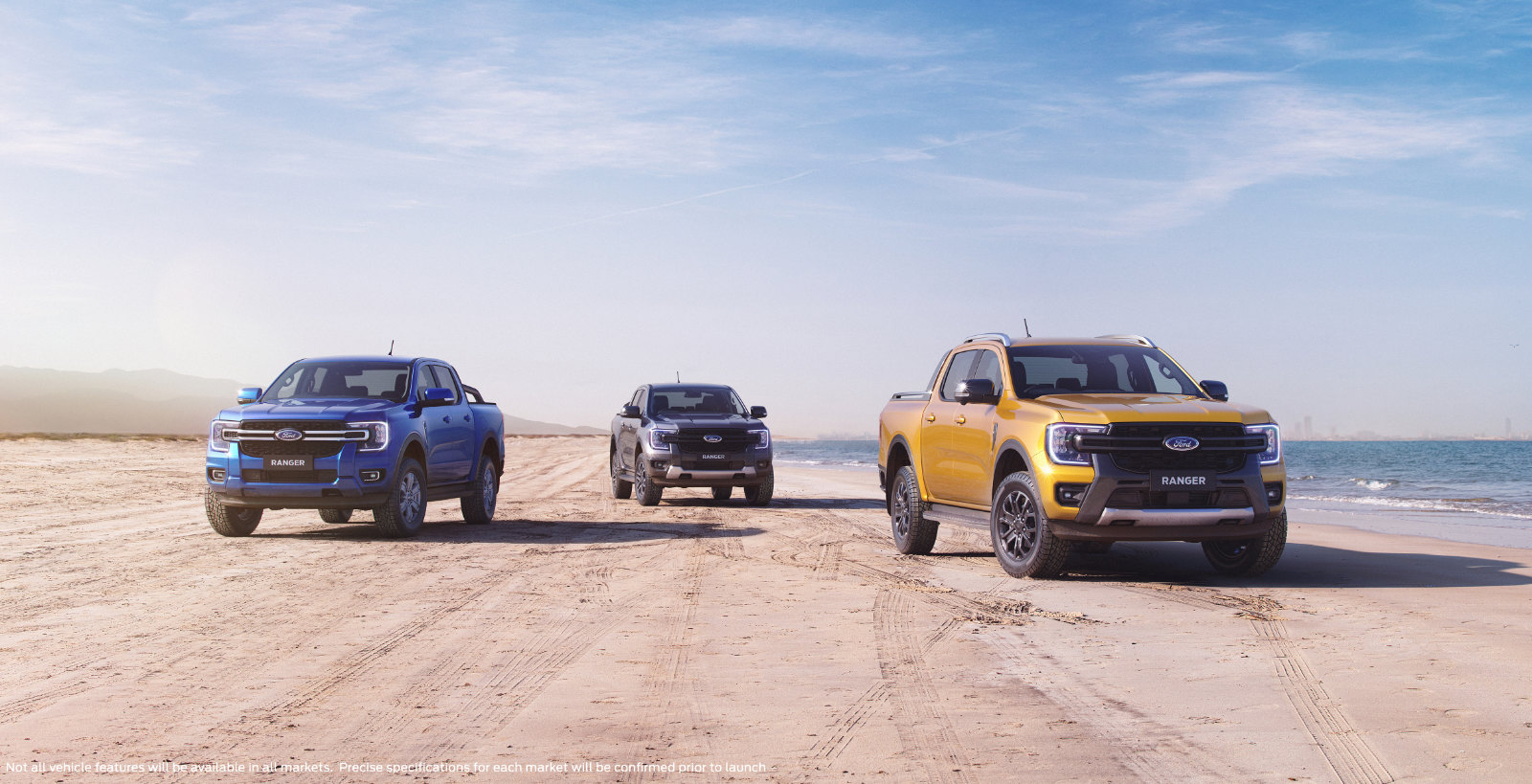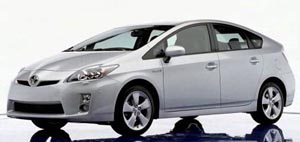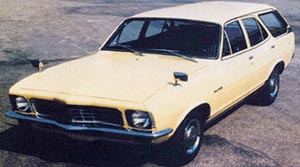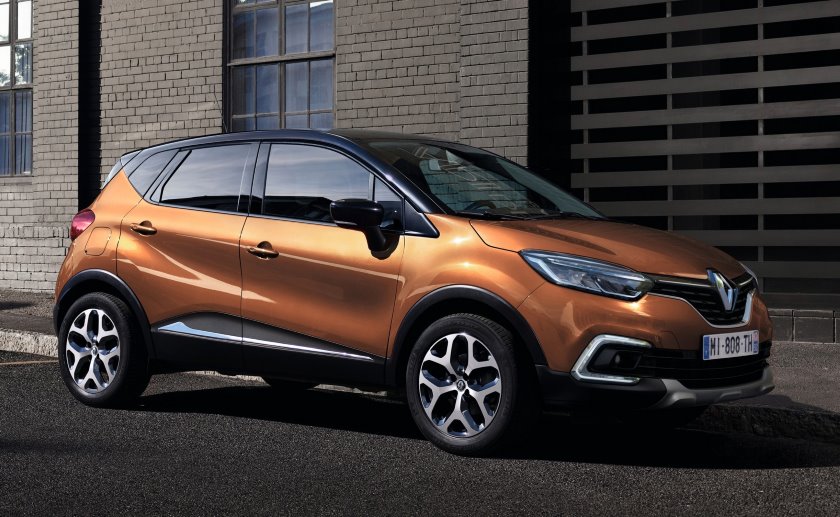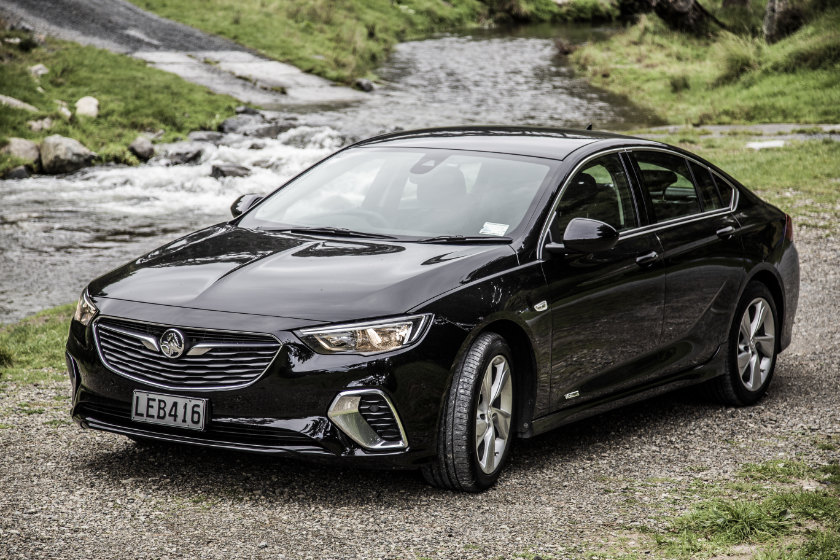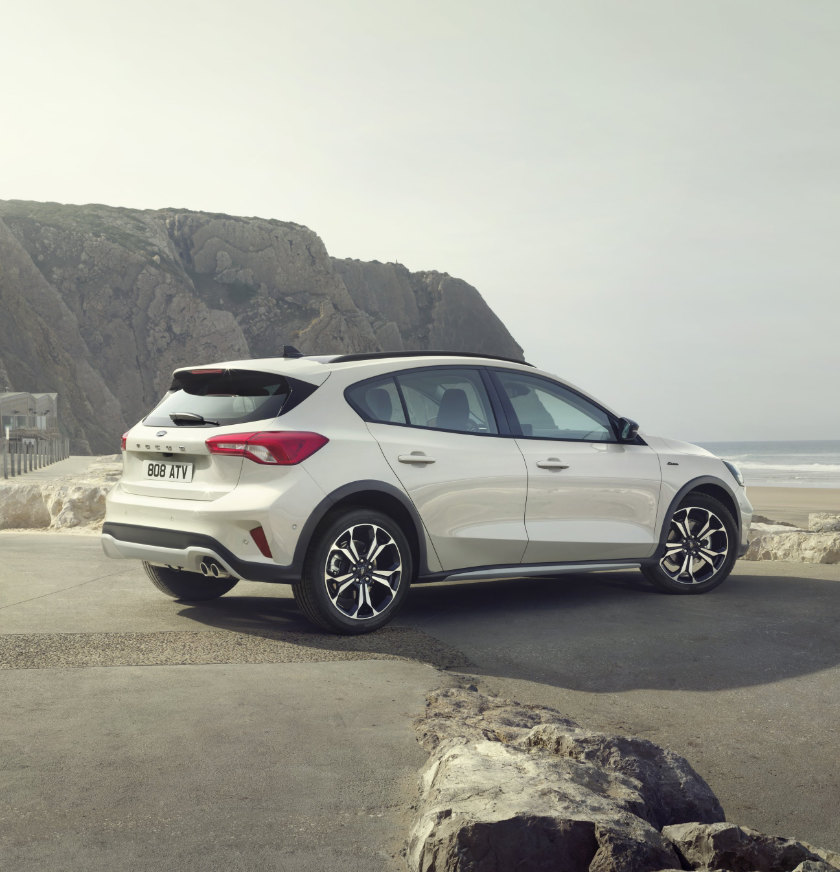I followed a Ford Ranger today and felt nothing.
This isn’t as strange as it sounds. Ford has become a truck company here, too, and there’s nothing about the blue oval that stirs the soul any more.
Mustangs are rare, and Ford—which once democratized flash—doesn’t have the brand equity that it used to.
Never mind that many were just appearance packages, Ford was once the brand that tapped in to our emotions.
Boys of my age lusted after Escort Méxicos, RS2000s and Capris, and the next decade saw the XRs. And as sensible grown-ups, Ford gave us cars that were dynamically superior, such as the Focus Mk I and the CDW27 and CD162 Mondeo. On TV, everyone from Charlie’s Angels to Bodie and Doyle drove Fords.
But when you talk about trucks, there’s far less emotion involved.
Many commercial operators are coming at their purchases with common sense.
When I was in India last, I asked my driver why Tata had not taken off (whilst in the back seat of an Indica). He said, ‘Tata is known for trucks. So when they market, they approach all of us as commercial operators, even with passenger cars. It’s why you see us drive Tatas, but not private buyers.’ He went on to explain that the brochures were all about commonsense concerns such as fuel consumption but there was nothing emotive. Unlike Maruti.
Ford is currently promoting its electrified range on television here long after it has flushed a chunk of its equity down the drain.
You barely see Pumas and Escapes in amongst the HR-Vs and RAV4s.
As to passenger cars, Ford has retreated from that space segment by segment, despite having very competitive offerings.
This is a company that held our top three positions in my youth, and had a car in number one in the UK for my whole life till 2021. I even remember Ford got a single Sierra estate into the top position here some months. Then they deleted it.
We’ve talked about the under-marketing of the last Falcon, a common Ford tactic used to kill product lines by creating the market conditions under which they will be unsuccessful so they can point at declining consumer demand. The B-segment isn’t dead here but Ford decided to field only the Fiesta ST. The C-segment isn’t dead here but you’d barely know the Focus exists. When CD-segment hybrid sedans took off, Ford never considered selling the CD391 Mondeo hybrid until it only had a short time left in its product cycle, and after the Toyota Camry Hybrid became the standard offering. It ceded each market to Asian manufacturers.
Yes, you can argue exchange rates and availability from plants, but none of these examples are exactly isolated and they have been playing out for a long time. You can also point to the rise in crossover sales versus passenger cars—but if so, where are the Pumas and Escapes today?
When you are a truck company, then the passenger car (or SUV, for that matter) buyer is going to see you in the same vein as the Indian buyer considers Tata.
No, Ford isn’t that detached from marketing reality but the basic theory holds true.
When you have commercials claiming how innovative you are, the average buyer will look around and see how you’re quitters, declining to offer good product when you had the chance. People may have short memories, but not that short.
Ranger is the only Ford product here with any real visibility and maybe that’s good enough for Dearborn. It leaves the whole fuel-saving buyer market out. And even with electrified Escapes, I think a sensible buyer will realize that they will be using up more charge trying to get its battery capacity up to 100 per cent than with a comparable subcompact or compact car.
I’m glad the Escape is lower and more car-like, but not glad that the Ranger is higher and bulkier.
But, either way, there’s nothing in this portfolio to lust after. Ford will argue there’s the Mustang, but it’s not accessible like the Capri, Fiesta XR2 and Escort XR3 once were. Fords weren’t the most reliable or sensible, so when you don’t have those qualities, then you need something to make up for it.
Toyota has continued to play in each segment, and never lost sight of maintaining sales’ supremacy after it gained it in the 1980s. Its passenger cars don’t stir the soul one bit—but they’re top of mind for so many Kiwis. And it’s not because of the equity that the Hilux has generated. It all began by fielding best-in-segment passenger cars (the 1984 Corolla) and giving the whole Toyota marque the backbone it needed. Millions were spent to market the cars emotively, and then the Toyota marque itself, and it has been worth it. Toyota was true to its values. Ford is lost.
